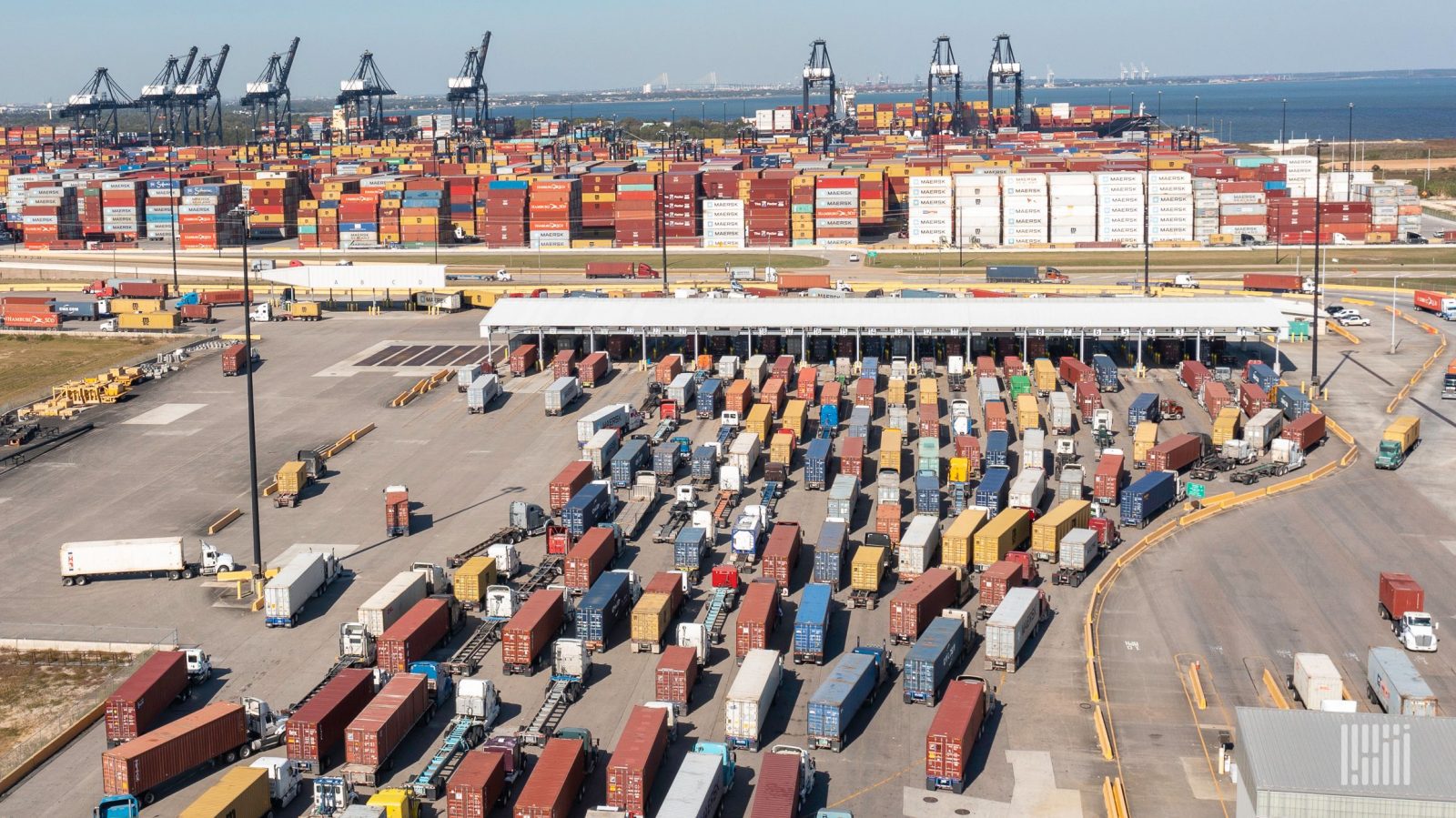The last several years have proven how resilient the supply chain is, but also how fragile. The supply chain, as the global economy has learned, is only as good as the information contained within it, and the ability to share that information across platforms, partners and customers.
“Obviously we are very happy about it,” Brian Glick, Chain.io’s founder and CEO told . “The thing that is very important to us is we are working to create a network inside this industry that looks a lot like Visa and Mastercard. In order to do that, we need to [fund development].”
By that, Glick said Chain.io’s goal is to create frictionless transactions and communications — and to remain neutral, meaning the solutions it builds can be applied to any system and any technology.
“The past few years have only reinforced the need to work more efficiently and effectively with trading partners and data providers to improve product flow and reduce operating costs,” Glick said. “I’m excited that we’ll be able to apply this new funding toward solving the supply chain bottlenecks that are impacting the entire global economy.”
With customers on three continents, Chain.io has a global footprint, but Glick said most of the staff of approximately 50 is located in North America. He would like to put more support staff in countries where Chain.io’s customers are located, providing more localized support.
Most of the firm’s customers are in the ocean container business and Chain.io focuses exclusively on the supply chain. Glick said he has received interest from other sectors such as payments looking to reduce friction, but the company’s focus remains on supply chain, which is complicated enough.
“There are a lot of companies that come into this industry from a startup space, make very loud statements and don’t understand the [complexity of the industry],” Glick said, noting that the Chain.io founding team members are all “lifelong supply chain people.”
Glick noted that building collaboration tools is not the most difficult part of Chain.io’s mission, it is getting everyone working together.
“One of the hardest things about collaboration that people don’t realize is getting the people [together]. It’s the project management, the tasks. Literally the hardest part of systems integration is getting two companies to agree on when to go live,” he said.
“Nearly three-quarters of supply chain functions still rely on spreadsheets, and it’s never been clearer that the global supply chain needs a digital infrastructure that is more interconnected and efficient,” said Chris Stallman, partner at Fontinalis Partners. “Chain.io’s focus on streamlining integrations enables its customers to free up internal resources to focus on customer service and innovation, while also exposing them to a network of leading technology providers that can transform their businesses.”
Glick said Chain.io, founded in 2017, has seen its average contract value double each of the last three years. He declined to offer specific sales figures or what the new valuation of the company is following the latest funding round but noted that the investors in the company understand the long-term value Chain.io expects to provide.
“We have been lucky to have in both rounds amazing funds that see this very big picture of friction in the supply chain,” he said. “We were very careful in selecting funds and investors that understand our [long-term proposition].”
Glick added that the funding strategy is part of that play. At a time when investment money has been flowing seemingly nonstop into tech-enabled supply chain businesses, Glick noted that raising funds for the sake of raising funds is not the right approach.
“If you raise like it’s a game and the goal is to raise as much money as possible, later as we get into harder economic times and things get more difficult like they are now, you are forced to do things [that break your trust with the entire industry],” he said. “We need every software company, every freight forwarder, every shipper to trust that we are doing [right by them].”






